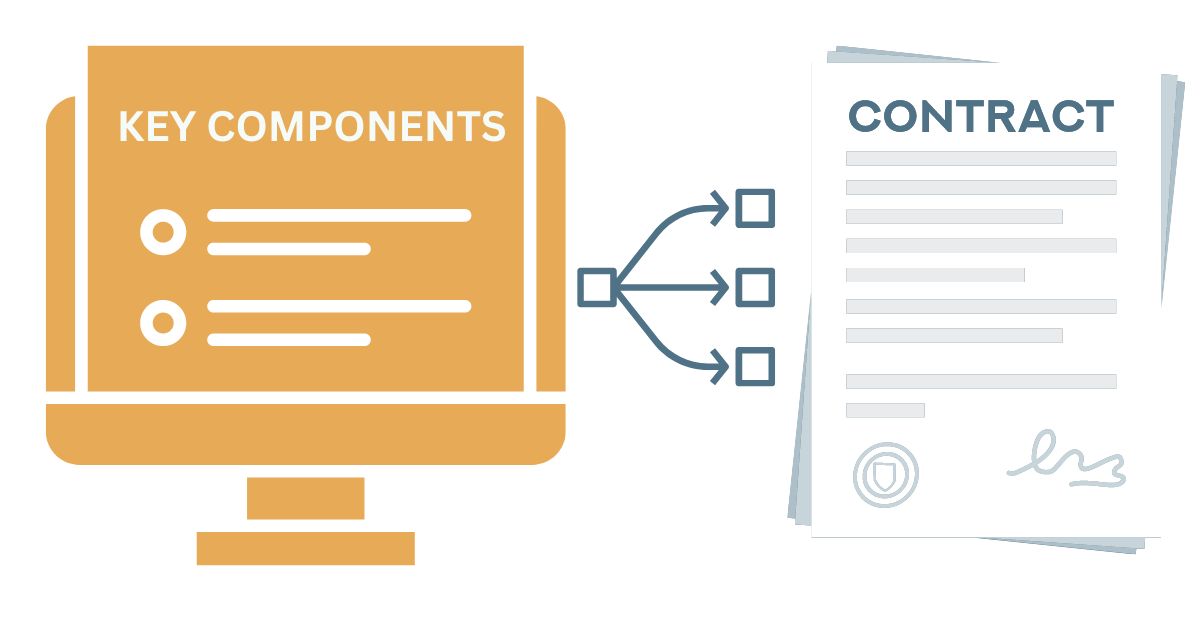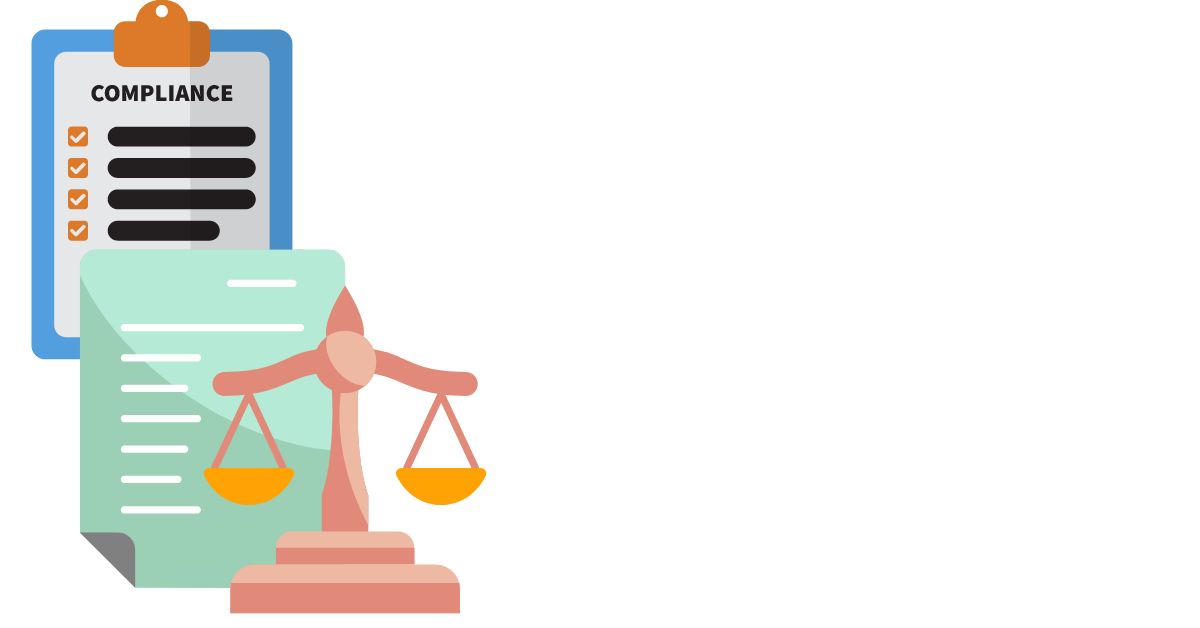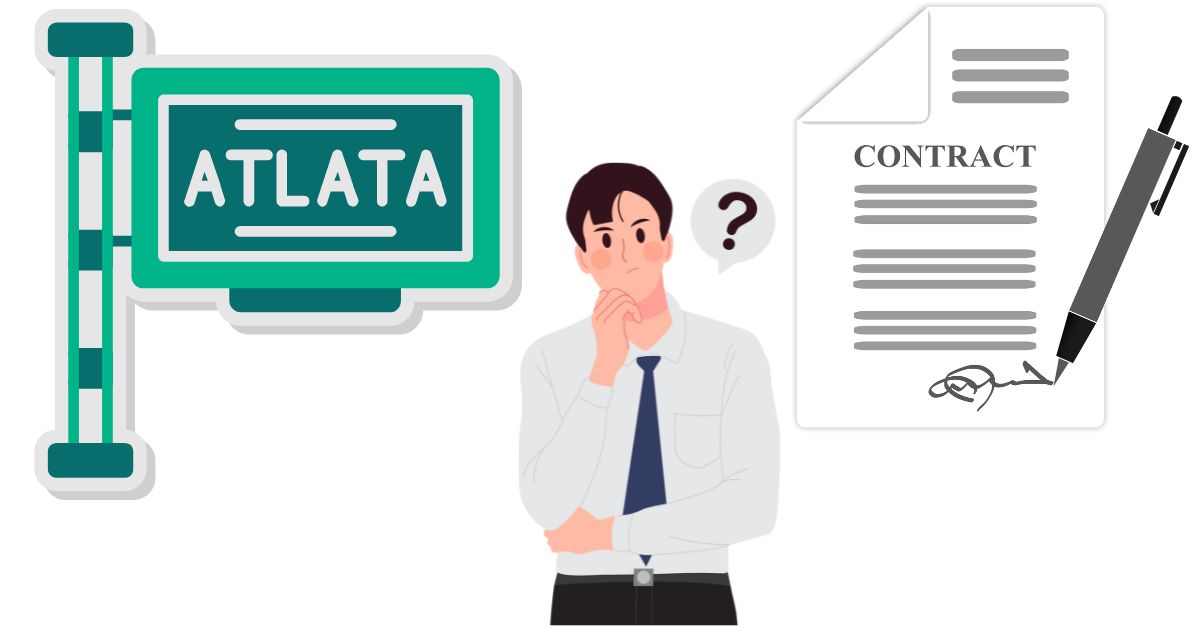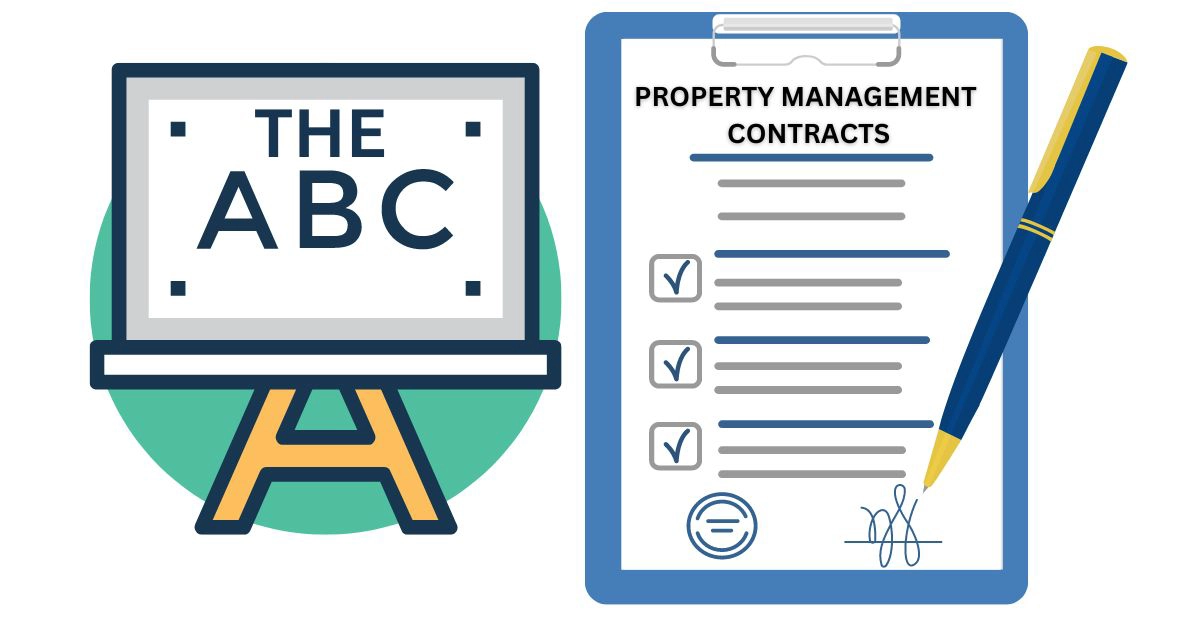What is a Property Management Contract?
A property management contract is a formal agreement between a property owner and a property management company. This contract outlines the responsibilities and obligations of each party, ensuring both the owner and the property manager are clear on their roles. It serves as a legal document that protects the interests of both parties and helps in managing the property efficiently.
Legal Framework
The legal framework of a property management contract is the backbone of the agreement. It ensures that all activities are conducted within the boundaries of the law. This includes adherence to federal, state, and local regulations, fair housing laws, and landlord-tenant laws.
Clarity and Structure
A well-structured property management contract brings clarity to the relationship between the property owner and the management company. It defines roles, responsibilities, and expectations, reducing the chances of disputes. Clarity in the contract also helps in setting measurable goals and performance benchmarks for the property manager.
Protection of Interests
Both parties need protection, and a property management contract serves this purpose. For property owners, it ensures that their property is managed professionally and profitably. For property managers, it provides assurance of payment and clear guidelines on their duties, thereby mitigating risks.
Key Components of a Property Management Contract

Scope of Services
The scope of services section details the specific duties the property management company will perform. This can include:
Tenant Placement and Screening
Tenant placement and screening are critical for maintaining a profitable rental property. The property manager handles advertising, tenant screening, lease signing, and move-in procedures. Effective tenant screening helps in selecting reliable tenants, reducing turnover rates, and minimizing legal issues.
Rent Collection
Rent collection is a fundamental responsibility of the property manager. This includes collecting rent, handling late payments, and managing related financial transactions. Efficient rent collection ensures a steady cash flow, which is essential for the financial health of the property.
Maintenance and Repairs
Maintenance and repairs are crucial for tenant satisfaction and property value. The property manager coordinates and manages all maintenance and repair activities. Prompt and efficient maintenance services help in retaining tenants and preserving the property's condition.

Financial Reporting
Financial reporting provides property owners with a clear picture of their investment's performance. The property manager generates regular financial reports, detailing income, expenses, and other financial metrics. Transparent financial reporting helps owners make informed decisions about their property.
Fees and Compensation
Understanding the fee structure is crucial. Property management companies generally charge a percentage of the monthly rent, but there can be additional fees for specific services. Common fees include:
Management Fee
The management fee is typically a percentage of the collected rent. It compensates the property manager for collection of the rent and for acting as the intermediary between you and the tenant. This fee structure aligns the interests of the property manager with those of the property owner, as both benefit from maximizing rental income.
Leasing Fee
The leasing fee is a one-time charge for placing a new tenant. It covers the costs associated with advertising, tenant screening, and lease execution. A well-defined leasing fee structure ensures transparency and fairness in the tenant placement process.

Maintenance Fee
Maintenance fees cover the costs of coordinating repairs and regular maintenance activities. These fees can be billed as a percentage of repair costs or a flat rate. Clear communication about maintenance fees helps in avoiding misunderstandings and ensures the property is well-maintained.
Eviction Fee
Eviction fees are associated with the process of removing a tenant. This includes legal fees, court costs, and other related expenses. Having a clear eviction fee structure in the contract prepares property owners for potential scenarios and ensures that the property manager is compensated for their efforts.
.jpg)
Owner Responsibilities
This section outlines the responsibilities of the property owner, such as maintaining adequate property insurance, providing funds for repairs, and complying with local laws and regulations.
Property Insurance
Property owners must maintain adequate insurance to protect against potential risks. This includes liability insurance, property damage insurance, and other relevant coverage. Clear guidelines on insurance requirements help in mitigating risks and ensuring compliance with legal standards.
Repair Funds
Property owners need to provide funds for repairs and maintenance. This ensures that the property manager can promptly address any issues that arise. Clear terms regarding repair funds help in maintaining the property's condition and preventing delays in necessary repairs.
Compliance with Laws
Property owners must comply with local, state, and federal laws. This includes zoning regulations, building codes, and landlord-tenant laws. The contract should outline the owner's responsibilities in ensuring legal compliance, thereby protecting both parties from potential legal issues.

Duration and Termination
The duration clause specifies the length of the contract and the conditions under which either party can terminate the agreement. It is essential to understand the notice period required for termination and any associated penalties.
Contract Duration
The contract duration defines the time frame for the agreement. This can range from one year to several years, depending on the property's needs and the owner's preferences. Clear terms regarding the contract duration help in planning and managing the property effectively.
Termination Conditions
Termination conditions specify the scenarios under which the contract can be ended. This includes breach of contract, mutual agreement, or other predefined situations. Understanding termination conditions helps in preventing disputes and ensuring a smooth transition if the contract needs to be terminated.
Notice Period
The notice period defines the time required to terminate the contract. This can vary based on the agreement, but typically ranges from 30 to 90 days. Clear notice period terms ensure that both parties have adequate time to prepare for the termination of the contract.
Legal Compliance
Ensuring legal compliance is critical. The contract should detail how the property management company will ensure the property complies with local, state, and federal laws. This includes fair housing laws, health and safety regulations, and landlord-tenant laws.

Fair Housing Laws
Fair housing laws prohibit discrimination in housing-related activities. The property management contract should include provisions for complying with these laws, ensuring equal treatment of all tenants and applicants. Compliance with fair housing laws protects property owners from legal issues and promotes a fair rental market.
Health and Safety Regulations
Health and safety regulations are essential for tenant well-being. The contract should outline how the property manager will comply with these regulations, including regular inspections and prompt repairs. Adherence to health and safety standards ensures a safe living environment and reduces liability risks.
Landlord-Tenant Laws
Landlord-tenant laws govern the relationship between property owners and tenants. The contract should detail the property manager's responsibilities in complying with these laws, including rent collection, eviction procedures, and tenant rights. Compliance with landlord-tenant laws helps in maintaining a positive landlord-tenant relationship and avoiding legal disputes.
Insurance and Liability
Both the property owner and the property manager should have adequate insurance coverage. This section outlines the types of insurance required and the liability each party holds in the event of property damage or legal issues.

Types of Insurance
The contract should specify the types of insurance required for both parties. This includes property insurance, liability insurance, and any other relevant coverage. Adequate insurance coverage protects both the property owner and the manager from potential risks and liabilities.
Liability Allocation
The contract should clearly define the liability each party holds. This includes responsibilities for property damage, tenant injuries, and legal disputes. Clear liability allocation helps in managing risks and ensuring that both parties are aware of their obligations.
Risk Management
Effective risk management is crucial for successful property management. The contract should outline strategies for mitigating risks, including regular inspections, prompt repairs, and compliance with legal standards. Proactive risk management helps in preventing issues and maintaining the property's value.
Why You Need a Property Management Contract in Atlanta

If you own rental properties in Atlanta, a property management contract is indispensable. Georgia's rental market, and Atlanta's in particular, is governed by specific laws and regulations that can be challenging to navigate without professional assistance. A well-drafted contract ensures compliance with these laws, protecting you from potential legal issues and financial losses.
Compliance with Local Laws
Atlanta has stringent regulations regarding rental properties. A property management contract ensures that your property manager will adhere to these laws, including tenant rights, eviction procedures, and property maintenance standards.
Tenant Rights
Tenant rights in Atlanta are protected by various laws. The contract should outline how the property manager will ensure compliance with these rights, including fair treatment, timely maintenance, and proper handling of security deposits. Ensuring tenant rights helps in maintaining a positive relationship with tenants and avoiding legal issues.
Eviction Procedures
Eviction procedures in Atlanta must comply with local laws. The contract should detail the steps the property manager will take in the event of an eviction, including legal notices, court procedures, and tenant communication. Clear eviction procedures help in handling difficult situations professionally and legally.

Property Maintenance Standards
Property maintenance standards in Atlanta are governed by local regulations. The contract should specify how the property manager will meet these standards, including regular inspections, prompt repairs, and compliance with health and safety regulations. Adherence to maintenance standards ensures a safe and habitable living environment for tenants.
Tenant Satisfaction and Retention
High tenant satisfaction and retention are key to a profitable rental property. A property management contract outlines the strategies the management company will use to keep tenants satisfied, including prompt maintenance, effective communication, and fair rent practices.

Prompt Maintenance
Prompt maintenance is crucial for tenant satisfaction. The contract should detail how the property manager will handle maintenance requests, including response times and repair procedures. Timely maintenance services help in retaining tenants and preventing property damage.
Conclusion
Understanding the intricacies of a property management contract is essential for both property owners and managers. Whether you’re navigating a property management contract in Atlanta or any other part of Georgia, clarity in roles, legal compliance, and a well-defined fee structure are crucial for a smooth and profitable landlord-tenant relationship. By ensuring that your property management contract addresses all key components – from tenant screening and rent collection to maintenance and legal compliance – you can protect your interests and enhance the value of your rental property. So, if you’re a landlord looking to maximize your investment, having a comprehensive landlord contract tailored to Georgia’s laws is indispensable. This not only safeguards your property but also ensures you receive professional management services, ultimately leading to higher tenant satisfaction and retention.


